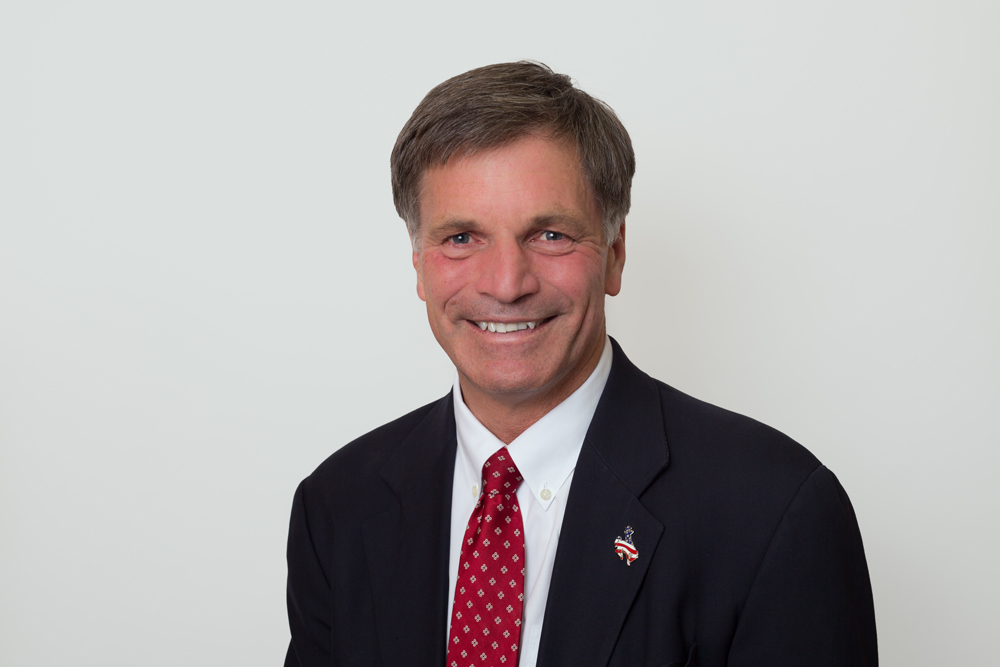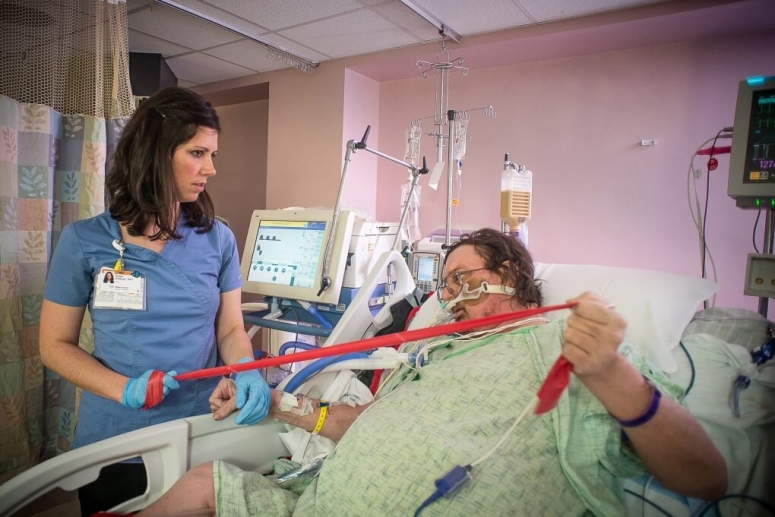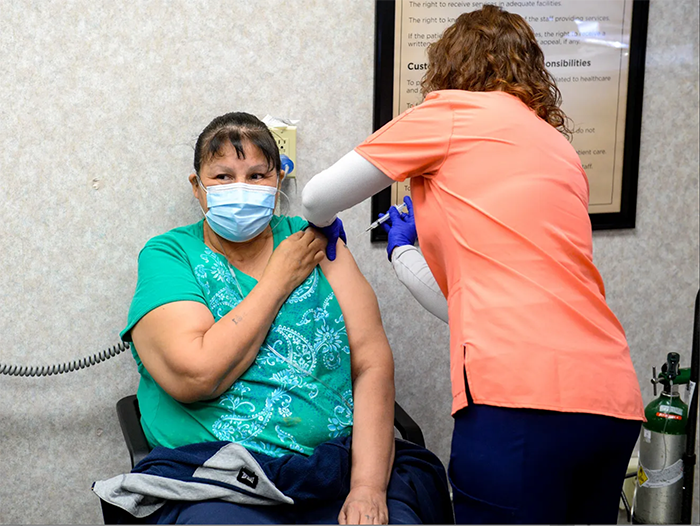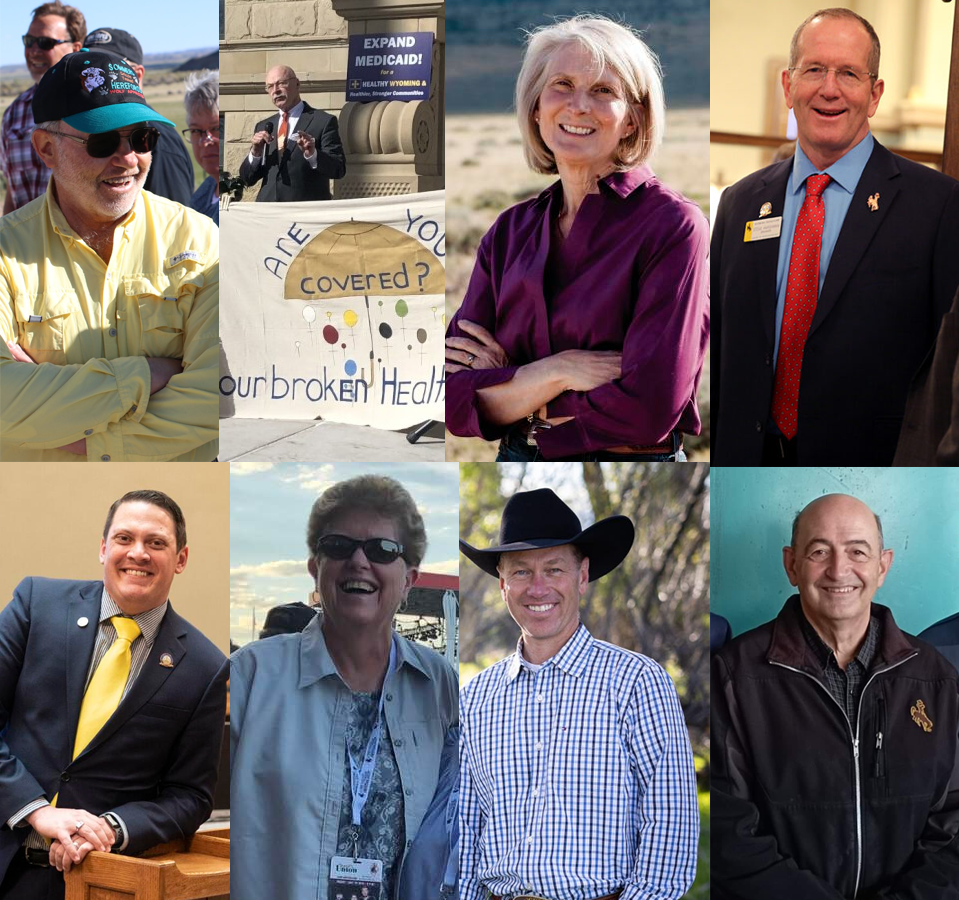Wyo. Dept. of Health to face funding challenges during 2024 session
Lawmakers will decide the fate of state health programs that thousands of Wyomingites depend on during the Legislature’s 2024 budget session, which begins on Monday, Feb. 12.
For the past three years, the Wyoming Department of Health has relied on federal emergency pandemic funding to support an array of state health services that were slashed in 2021, when revenue shortfalls prompted the Legislature to cut $112 million from the Wyoming DOH budget.
Now, the pandemic is over—and so is the temporary federal funding. If legislators choose not to replace the federal funds with state dollars this year, then programs that provide mental health services, suicide prevention, disabilities services, children’s and senior care, and that generally support our state’s healthcare system will be gutted.
Fortunately, state tax revenues have rebounded since the dark days of the pandemic. Governor Mark Gordon’s initial budget proposal recommends replacing most—but not all—of the funding for the state’s Department of Health.
Even as he declines to fulfill the health agency’s request, Gordon’s budget proposes to sock away hundreds of millions of dollars into savings—one year after the Legislature put a record $1.4 billion into savings accounts .
Meanwhile, a bulk of lawmakers serving under the so-called “Freedom Caucus” vote as a bloc against any and all public health spending. They will prove the biggest barrier to ensuring that Wyoming families and communities have access to critical healthcare services that the Department of Health provides.
Governor proposes less than agency’s request
Prior to the start of the 2024 budget session, the Legislature’s Joint Appropriations Committee will work throughout January to tweak the governor’s budget proposal and craft what will become the official “budget bill” presented to the full Legislature during the session.
Last month, Wyoming Department of Health Director Stefan Johansson outlined his agency’s budget requests to the Joint Appropriations Committee, which totaled $121 million.
This would replace the lost federal pandemic funding, and it would also include a handful of new line items, including improvements to the state’s “988” suicide hotline and a workforce development program for nurses.
But Gordon’s proposed budget includes just $101 million for the health agency—roughly $20 million less than the agency’s request.

While the governor’s proposal does include funding for suicide prevention and mental health centers, it declines to fully replace federal funding for other mental health services, as well as funding for senior care, long-term care facilities, and disabilities services.
“These choices are painful and we must recognize they could be consequential for those who have come to rely on our state’s federally subsidized capacities over the past couple of years,” Gordon wrote in his budget message to legislators.
Some members of the Joint Appropriations Committee have indicated that they support fully funding the Department of Health’s budget request, over and beyond the Governor’s proposal.
Members of the so-called “Freedom Caucus,” however, plan to oppose both the DOH request and funding for the agency in general.
Support for Suicide Prevention, Nurses’ Training
One expenditure both Gordon and the Department of Health support is $775,000 to add text and chat support services to the state’s two “988” suicide prevention call centers in Casper and Greybull.
“When the Department of Health makes cuts, it’s really significantly felt across the state.”
The call centers joined the new national 988 service in July 2022, and Johansson said there’s been a significant increase in calls. For the first time in several years, Wyoming no longer has the nation’s highest per capita suicide rate, though it is still nearly double the U.S. average.
The DOH also requested funds to provide tuition reimbursement for certified nursing assistants to become registered nurses in Wyoming. Johansson said the state has a “historical” vacancy rate in CNAs and RNs.
Currently, CNAs are hired full-time. If funded, the tuition program would allow them to work 20 hours a week at a healthcare facility, and take college courses during the remaining 20 hours. Upon graduation, RNs would be contracted for three to five years with the Department of Health.
In his presentation to the Legislature’s Joint Appropriations Committee in December, Johansson told lawmakers that more than 90 percent of his department’s $2 billion biennial budget goes toward reimbursing healthcare providers, including local hospitals, small businesses, nursing homes, and home healthcare providers.
“When the Department of Health makes cuts, it’s really significantly felt across the state,” the director said.






